Why Businesses Are Moving from Private Cloud to Hybrid Cloud? Top 10 Reasons Explained
Introduction Did you know that 80% of enterprises now use a hybrid cloud strategy to balance cost, flexibility, and security? Cloud computing is evolving fast, and businesses that once relied solely on private cloud are now realizing its limitations. While the private cloud offers better control, it often lacks the scalability and efficiency businesses need to stay competitive. That's when the hybrid cloud model comes into the picture. It allows businesses to combine the strengths of the private and public cloud, creating a flexible, cost-effective, and scalable IT infrastructure. Organizations no longer have to choose between security and flexibility, as they can have both. That’s why many companies are moving from private cloud to hybrid cloud. Let’s now have a detailed overview of the key reasons why businesses are making this shift and how it’s driving real value. Top 10 Reasons Why Businesses Are Moving From Private Cloud to Hybrid Cloud Here’s a detailed breakdown of the key reasons why most of the companies are moving from private cloud to hybrid cloud: 1. Lower Costs Without Losing Security Running a private cloud is expensive, as you have to buy servers, maintain them, and hire IT staff. With a hybrid cloud, you can keep sensitive data in a private cloud while using a public cloud for everything else, which helps cut costs without impacting your infrastructure's security. 2. Scaling When You Need It The private cloud has fixed resources, such as if you need more power, you have to buy more hardware. But what if you don’t need it all the time? Hybrid cloud lets you scale on demand. During peak times, you use the public cloud. When demand drops, you scale back, thereby saving money and avoiding cloud waste. 3. Faster Innovation & Growth Want to try AI, big data, or machine learning? With the private cloud, you might need to invest in expensive upgrades. A hybrid cloud gives you the flexibility to test and deploy new technologies without having to make any huge, upfront investments. 4. Stronger Backup & Disaster Recovery Private cloud failures can be a real mess. A Hybrid cloud provides a safety net, which lets you store backups in the public cloud, so even if something goes wrong, your data is safe, and you are saved from downtime issues. 5. Meeting Compliance Requirements In industries like finance and healthcare, there are strict rules about data privacy. With a hybrid cloud model, managing compliance with industry standards like GDPR and HIPAA gets way easier, as you can store regulated data in the private cloud and use the public cloud for everything else. 6. Security Without Compromise A common cloud migration myth is that moving to a hybrid cloud means our security gets compromised. However, moving from a private cloud to a hybrid cloud can make your cloud security posture even stronger. You can still control your private cloud, but you also get public cloud security features like encryption, threat monitoring, and identity management. 7. Keeping Legacy Systems Running As your business grows, Not all applications will work in the private cloud. So, Instead of replacing everything at once, businesses can use the hybrid cloud model to gradually modernize while keeping old systems running on the legacy infrastructure. 8. Enabling Remote Work and Collaboration With more employees working remotely, businesses need secure and flexible cloud access. With a Hybrid cloud model, things get easy, as teams can now work from anywhere while keeping data protected. 9. Avoiding Vendor Lock-In Businesses might think that switching to a public cloud can be better than going for a hybrid cloud model. But, in reality, moving to the public cloud means sticking to just one cloud provider, which has its own pitfalls. What if their prices go up? What about the features provided by other cloud providers? With a hybrid cloud approach, businesses can enjoy the perks provided by different cloud providers while keeping their sensitive data on the private servers. Read more about the detailed differences between Private Cloud vs Public Cloud vs Hybrid Cloud here. 10. A Greener, More Sustainable IT Approach Hybrid cloud helps businesses lower their environmental impact. Public cloud providers use energy-efficient data centers powered by renewable energy, which helps reduce carbon footprint. At the same time, businesses can optimize private cloud usage to avoid wasting energy. This makes IT operations more eco-friendly and cost-effective. Real-World Example: How Moving to Hybrid Cloud Helped a Retail Giant A major retail brand struggled with website crashes during big sales. Their private cloud couldn’t handle the traffic, causing lost sales. By moving from private cloud to hybrid cloud, they kept payment processing on private cloud while shifting customer traffic to
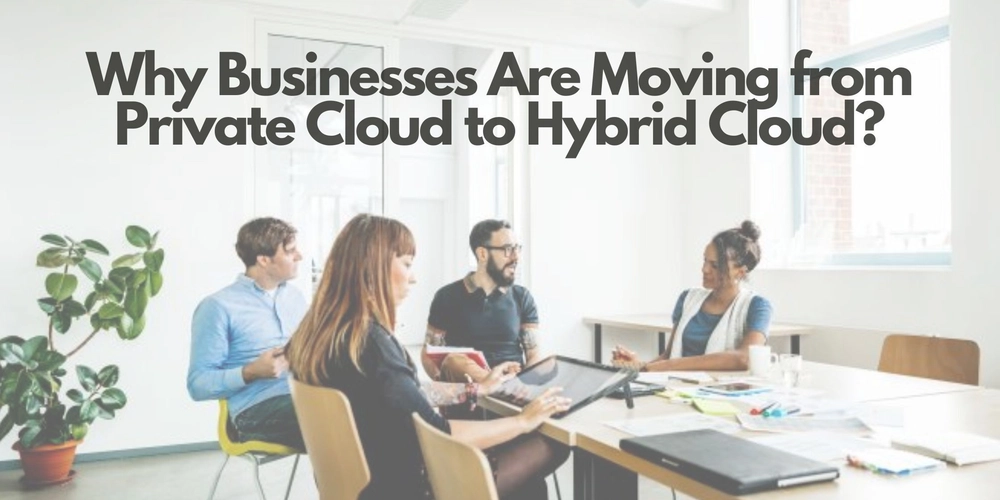
Introduction
Did you know that 80% of enterprises now use a hybrid cloud strategy to balance cost, flexibility, and security? Cloud computing is evolving fast, and businesses that once relied solely on private cloud are now realizing its limitations. While the private cloud offers better control, it often lacks the scalability and efficiency businesses need to stay competitive.
That's when the hybrid cloud model comes into the picture. It allows businesses to combine the strengths of the private and public cloud, creating a flexible, cost-effective, and scalable IT infrastructure. Organizations no longer have to choose between security and flexibility, as they can have both.
That’s why many companies are moving from private cloud to hybrid cloud. Let’s now have a detailed overview of the key reasons why businesses are making this shift and how it’s driving real value.
Top 10 Reasons Why Businesses Are Moving From Private Cloud to Hybrid Cloud
Here’s a detailed breakdown of the key reasons why most of the companies are moving from private cloud to hybrid cloud:
1. Lower Costs Without Losing Security
Running a private cloud is expensive, as you have to buy servers, maintain them, and hire IT staff. With a hybrid cloud, you can keep sensitive data in a private cloud while using a public cloud for everything else, which helps cut costs without impacting your infrastructure's security.
2. Scaling When You Need It
The private cloud has fixed resources, such as if you need more power, you have to buy more hardware. But what if you don’t need it all the time? Hybrid cloud lets you scale on demand. During peak times, you use the public cloud. When demand drops, you scale back, thereby saving money and avoiding cloud waste.
3. Faster Innovation & Growth
Want to try AI, big data, or machine learning? With the private cloud, you might need to invest in expensive upgrades. A hybrid cloud gives you the flexibility to test and deploy new technologies without having to make any huge, upfront investments.
4. Stronger Backup & Disaster Recovery
Private cloud failures can be a real mess. A Hybrid cloud provides a safety net, which lets you store backups in the public cloud, so even if something goes wrong, your data is safe, and you are saved from downtime issues.
5. Meeting Compliance Requirements
In industries like finance and healthcare, there are strict rules about data privacy. With a hybrid cloud model, managing compliance with industry standards like GDPR and HIPAA gets way easier, as you can store regulated data in the private cloud and use the public cloud for everything else.
6. Security Without Compromise
A common cloud migration myth is that moving to a hybrid cloud means our security gets compromised. However, moving from a private cloud to a hybrid cloud can make your cloud security posture even stronger. You can still control your private cloud, but you also get public cloud security features like encryption, threat monitoring, and identity management.
7. Keeping Legacy Systems Running
As your business grows, Not all applications will work in the private cloud. So, Instead of replacing everything at once, businesses can use the hybrid cloud model to gradually modernize while keeping old systems running on the legacy infrastructure.
8. Enabling Remote Work and Collaboration
With more employees working remotely, businesses need secure and flexible cloud access. With a Hybrid cloud model, things get easy, as teams can now work from anywhere while keeping data protected.
9. Avoiding Vendor Lock-In
Businesses might think that switching to a public cloud can be better than going for a hybrid cloud model. But, in reality, moving to the public cloud means sticking to just one cloud provider, which has its own pitfalls. What if their prices go up? What about the features provided by other cloud providers? With a hybrid cloud approach, businesses can enjoy the perks provided by different cloud providers while keeping their sensitive data on the private servers.
Read more about the detailed differences between Private Cloud vs Public Cloud vs Hybrid Cloud here.
10. A Greener, More Sustainable IT Approach
Hybrid cloud helps businesses lower their environmental impact. Public cloud providers use energy-efficient data centers powered by renewable energy, which helps reduce carbon footprint. At the same time, businesses can optimize private cloud usage to avoid wasting energy. This makes IT operations more eco-friendly and cost-effective.
Real-World Example: How Moving to Hybrid Cloud Helped a Retail Giant
A major retail brand struggled with website crashes during big sales. Their private cloud couldn’t handle the traffic, causing lost sales.
By moving from private cloud to hybrid cloud, they kept payment processing on private cloud while shifting customer traffic to the public cloud. The result? Faster website performance, fewer outages, and 30% lower IT costs.
Key Takeaways
- Hybrid cloud is more cost-effective than private cloud alone.
- It scales easily, making it great for businesses with changing demands.
- Companies can modernize at their own pace while keeping old systems running.
- Security and compliance are still strong, with flexible data storage options.
- Hybrid cloud helps businesses stay agile, competitive, and future-ready.
Final Thoughts
For businesses looking to cut costs, scale effortlessly, and stay competitive, moving from private cloud to hybrid cloud is a no-brainer. It offers the best of both worlds: security where you need it and flexibility where you don’t.
However, switching to hybrid cloud isn’t just about technology; it requires the right expertise. That’s why many companies partner with companies that specialize in Cloud managed services, for expert assistance in handling migration, security, and ongoing optimization.



_Andrew_Angelov_Alamy.jpg?#)




























































![Apple Watch Series 10 Prototype with Mystery Sensor Surfaces [Images]](https://www.iclarified.com/images/news/96892/96892/96892-640.jpg)

![Get Up to 69% Off Anker and Eufy Products on Final Day of Amazon's Big Spring Sale [Deal]](https://www.iclarified.com/images/news/96888/96888/96888-640.jpg)
![Apple Officially Releases macOS Sequoia 15.4 [Download]](https://www.iclarified.com/images/news/96887/96887/96887-640.jpg)






















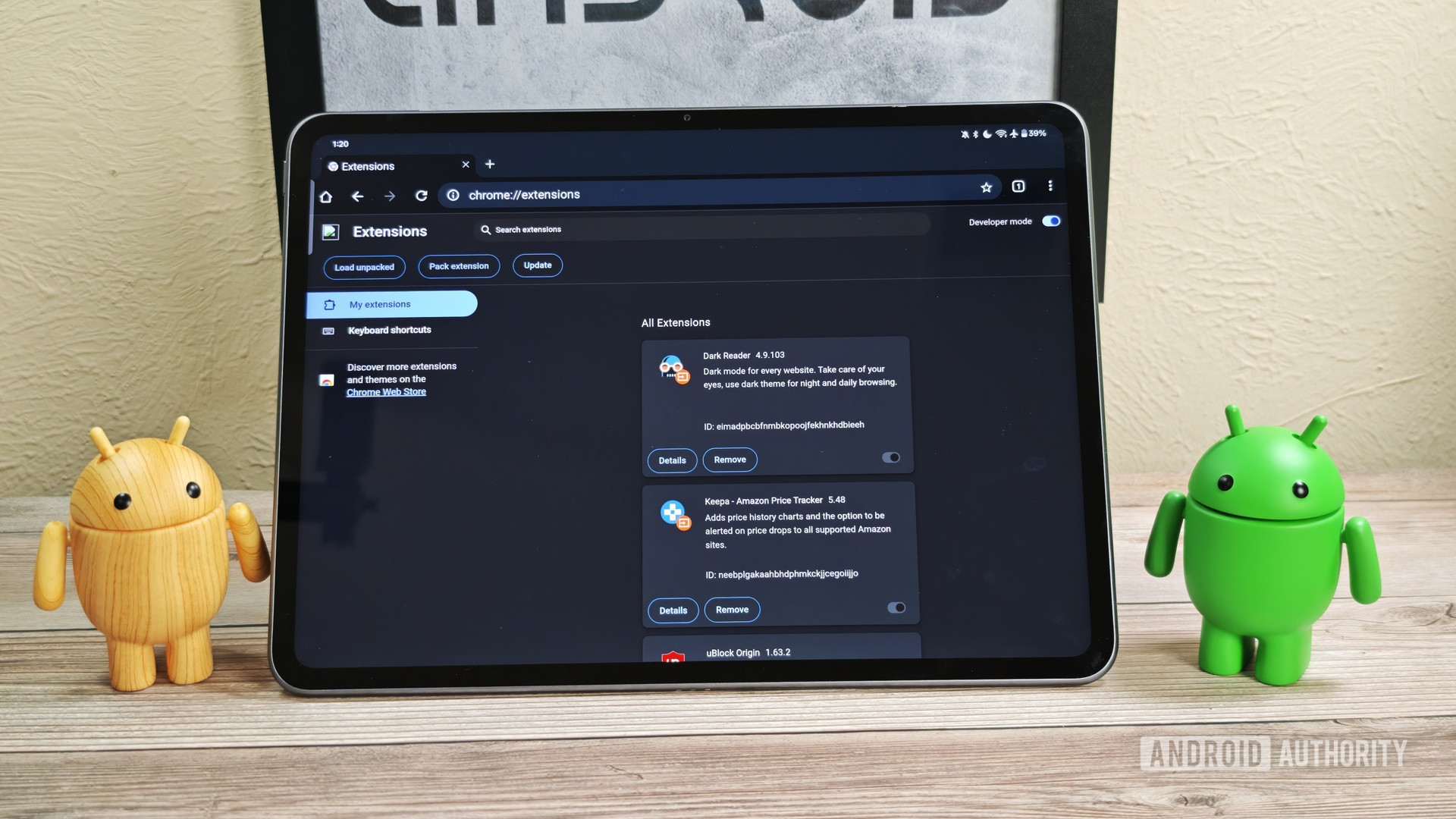







![watchOS 11.4 was briefly available, and was pulled by Apple [u]](https://photos5.appleinsider.com/gallery/60061-123253-watchOS-11-on-Apple-Watch-Ultra-xl.jpg)















































































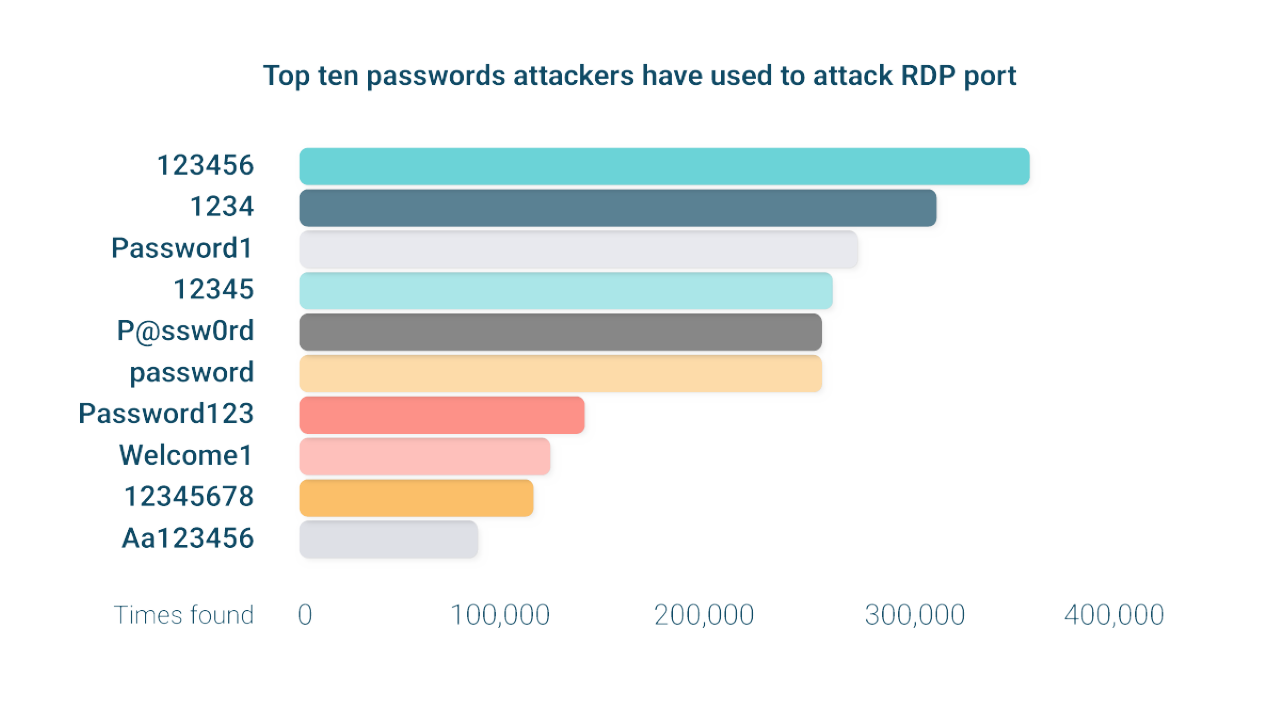








































































![[The AI Show Episode 142]: ChatGPT’s New Image Generator, Studio Ghibli Craze and Backlash, Gemini 2.5, OpenAI Academy, 4o Updates, Vibe Marketing & xAI Acquires X](https://www.marketingaiinstitute.com/hubfs/ep%20142%20cover.png)
























































































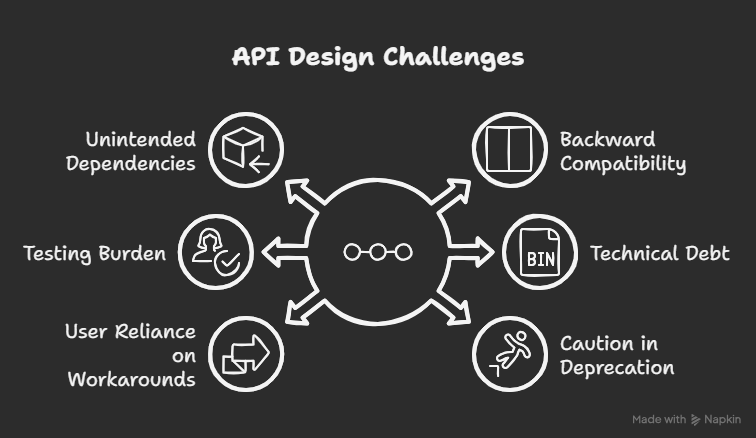

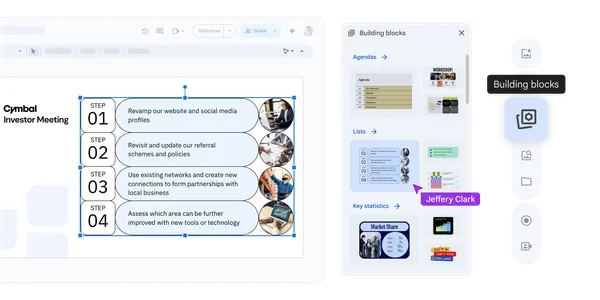

















![Is this a suitable approach to architect a flutter app? [closed]](https://i.sstatic.net/4hMHGb1L.png)

















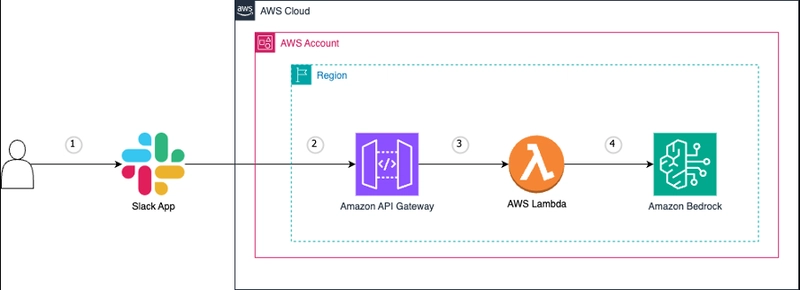


![From broke musician to working dev. How college drop-out Ryan Furrer taught himself to code [Podcast #166]](https://cdn.hashnode.com/res/hashnode/image/upload/v1743189826063/2080cde4-6fc0-46fb-b98d-b3d59841e8c4.png?#)

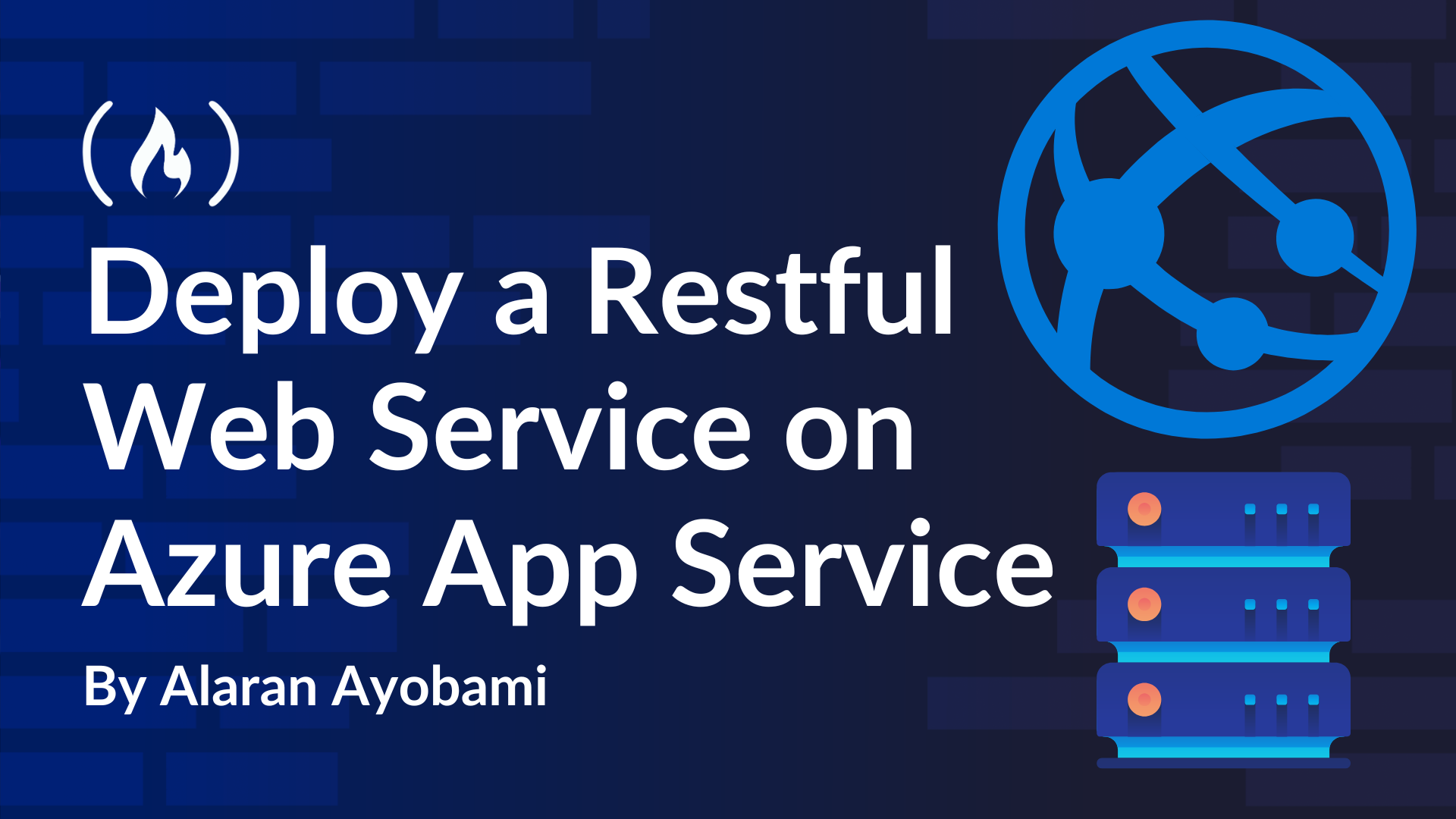



























-1280x720.jpg?width=1920&height=1920&fit=bounds&quality=80&format=jpg&auto=webp#)





























































